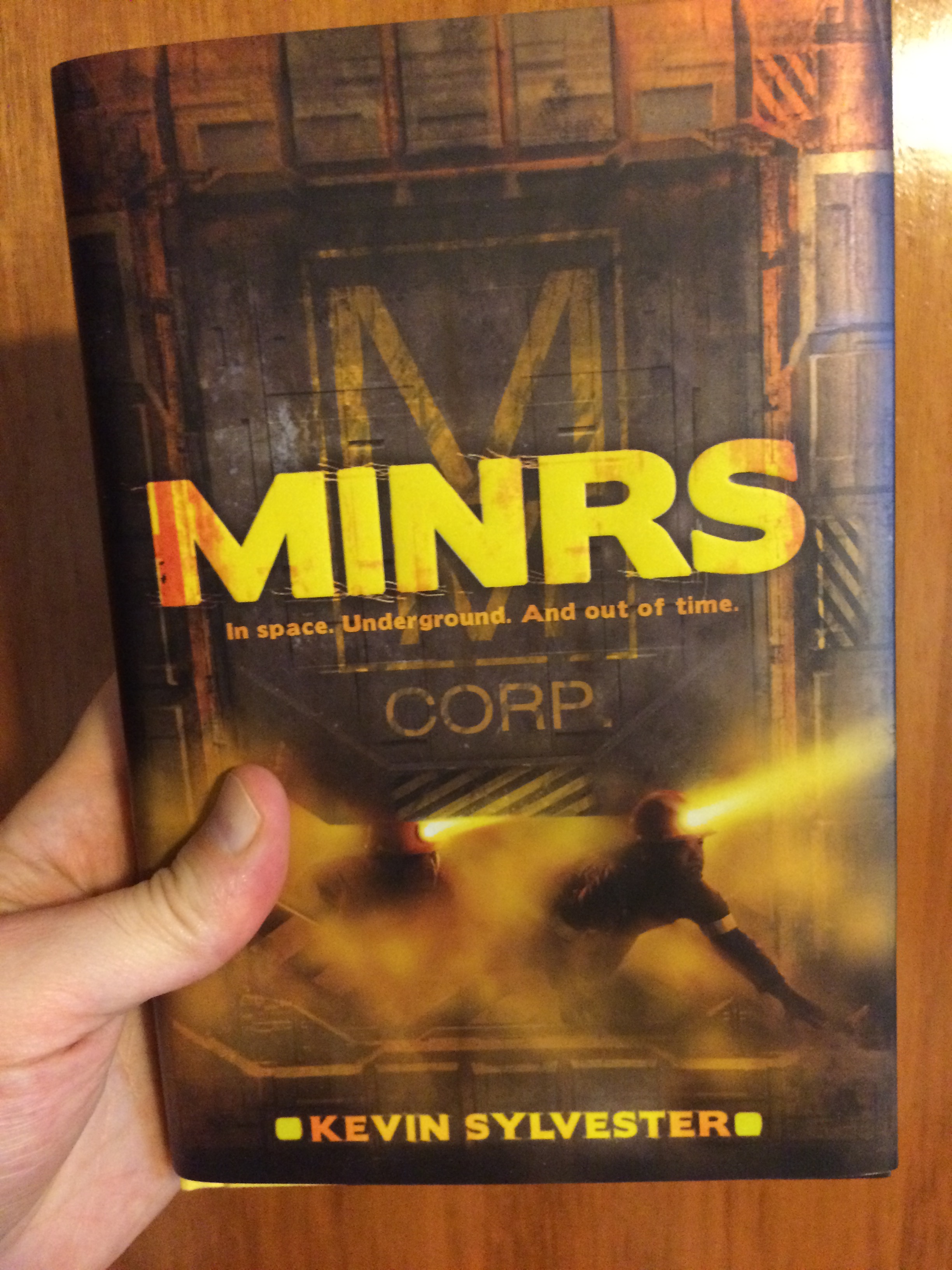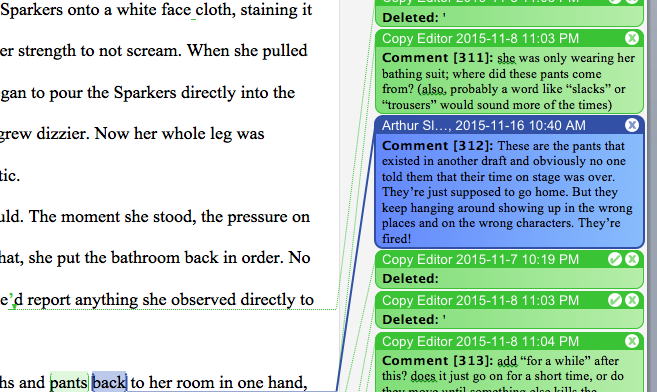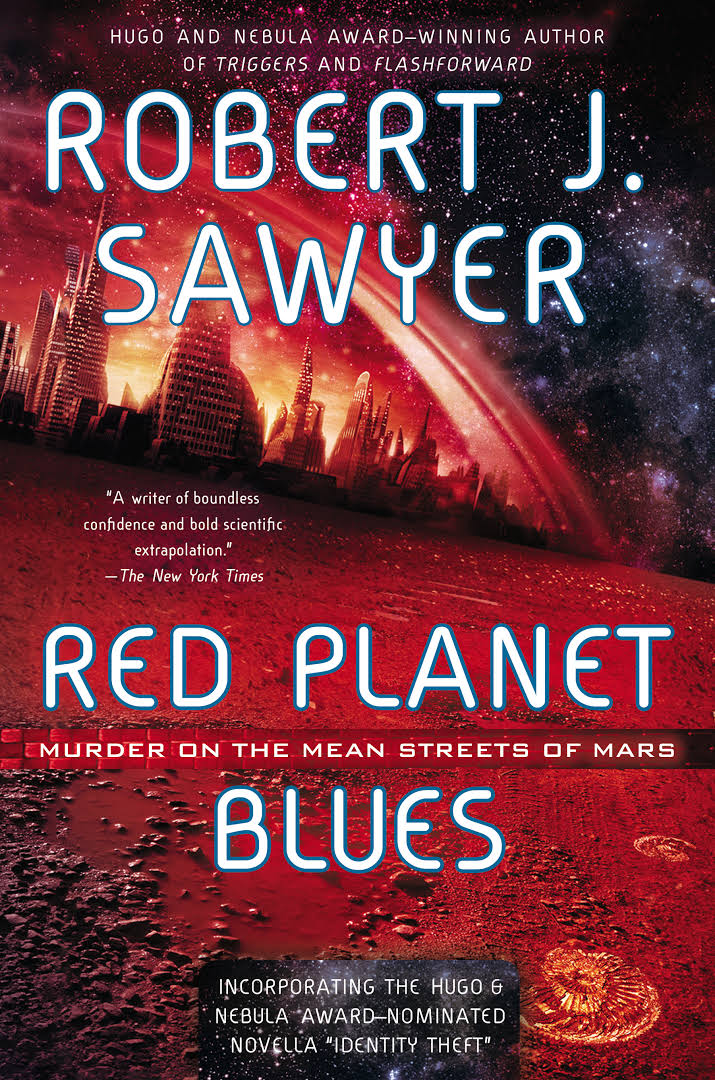 Sometimes being creative is not all it's cracked up to be.
Often if I'm meeting someone new at a party or in line at the police station or at the supermarket the conversation invariably turns to: "What do you do for a living?"
My answer: "I write books."
If I'm not met with stunned silence (or even confusion) I will often get the next statement: "That must be so much fun!"
And it is fun. Creating characters and wrapping stories around those characters has been my dream since I was sixteen. And since the age of thirty I've been living that dream (eighteen years and counting of living off my creativity). So, all things being equal, I have no right to complain.
Sometimes being creative is not all it's cracked up to be.
Often if I'm meeting someone new at a party or in line at the police station or at the supermarket the conversation invariably turns to: "What do you do for a living?"
My answer: "I write books."
If I'm not met with stunned silence (or even confusion) I will often get the next statement: "That must be so much fun!"
And it is fun. Creating characters and wrapping stories around those characters has been my dream since I was sixteen. And since the age of thirty I've been living that dream (eighteen years and counting of living off my creativity). So, all things being equal, I have no right to complain.
And yet... And yet... Yes, there is a pure joy to creating a book. Most of that joy is at the very beginning when you get that first idea for a novel (Something I call ohmygodofchoicethisisanamazingidea euphoria). The joy returns again about a year or two later when you are holding the book in your hands. In-between is the actual process of writing. The endless research. The first draft. The second draft. The third draft. And fourth. The first public viewing for the editor. The edit letter that appears in a sheet of flame and burns your mistakes into your eyeballs. And so on. That is all part of the grunt work of writing and though it is not always joyful, I do enjoy it (if that makes any sense). I like the challenge.
But the pressure comes from different levels of the creative process. Can I solve this plot problem that I've created in the novel? Can I make this character more realistic? This situation? And those "small" questions lead to larger questions like does the book suck? And, if it doesn't, am I doing anything new with this book? Is it better than my last book? Have I improved as a storyteller? And, finally, will the book be a success?
That last one is important. Obviously you want your book to do the best it can. To find its place. Both in the minds of readers, but also it's great if the book finds a proper financial place. Success also means that it will earn back its advance and make more money so that more writing can be done. Often people get upset when we talk about artists and money as if the idea of cash being paid should never come into the creative equation. But, and this may surprise some people, writers need to eat. To drink. To see the latest Star Wars movie.
There is also the pressure of picking the right idea for the right reasons. I have a multitude of projects that are waiting in my "idea" bin but am constantly asking myself which one will both be pleasing to my creative side and commercial enough to add to the bank balance. Last year I released a graphic novel called Modo: Ember's End. It was a continuation of my The Hunchback Assignments series as a comic book. I chose to use crowdfunding to create the book because I wanted to test how this "new" way of getting ideas to paper worked. And on nearly every level the book was a success. Artistically, I was pleased with the story but especially pleased with Christopher Steininger's artwork (we had been talking about doing a graphic novel together for nearly ten years, so we finally fulfilled that dream). We raised over 20,000 dollars on Kickstarter and Indiegogo and received a $10,000 grant from Creative Saskatchewan. So again, the book was a success financially. Over 1000 copies have been sold around the world (we were/are hoping to find a publisher to do the softcover version, but so far have not been successful). The problem is that by the time all of the expenses were tallied (artwork, printing, shipping) my take of that money was around $4000. My best guesstimate at the time spent on the project is six months (that includes learning how to crowdfund, doing promotion, packaging, writing the script, etc.). Now in six months I can usually write a few drafts of a novel and could, in theory, make about ten times that amount for the book. So did I make the right choice to create the graphic novel? Artistically, yes. But my kid takes piano lessons and gym and...well you get the picture.
I don't have a list of five things to take the pressure off of you creatively (and I don't think pieces like this always need to come down to a fix). These words you've just read are an admission. And commiseration with those experiencing similar pressure in their lives (be it creative or otherwise).
And a chance to let off a little steam. Thanks for that.



 Well, I've been to Mars several times now. I recently read The Martian then saw The Martian movie and cracked open Ray Bradbury's The Martian Chronicles (my fave) and now have finished Robert Sawyer's Red Planet Blues. I'll give you the short review: It's good. It's funny. It's intelligent. It's dramatic. Did I mention how many times I laughed? Sawyer has done an excellent job of recreating the pulp detective story on Mars. I've read several of Rob's books and am always impressed by how he is able to get complex scientific ideas across to simpletons like me and still keep the story rocketing along. He does that again here, of course. But I can tell he had so much fun playing with the language and the stereotypes of the pulp fiction world. And somewhere along the way I actually learned what it would be like to be living under a dome on Mars. Two martian thumbs up.
Well, I've been to Mars several times now. I recently read The Martian then saw The Martian movie and cracked open Ray Bradbury's The Martian Chronicles (my fave) and now have finished Robert Sawyer's Red Planet Blues. I'll give you the short review: It's good. It's funny. It's intelligent. It's dramatic. Did I mention how many times I laughed? Sawyer has done an excellent job of recreating the pulp detective story on Mars. I've read several of Rob's books and am always impressed by how he is able to get complex scientific ideas across to simpletons like me and still keep the story rocketing along. He does that again here, of course. But I can tell he had so much fun playing with the language and the stereotypes of the pulp fiction world. And somewhere along the way I actually learned what it would be like to be living under a dome on Mars. Two martian thumbs up.
